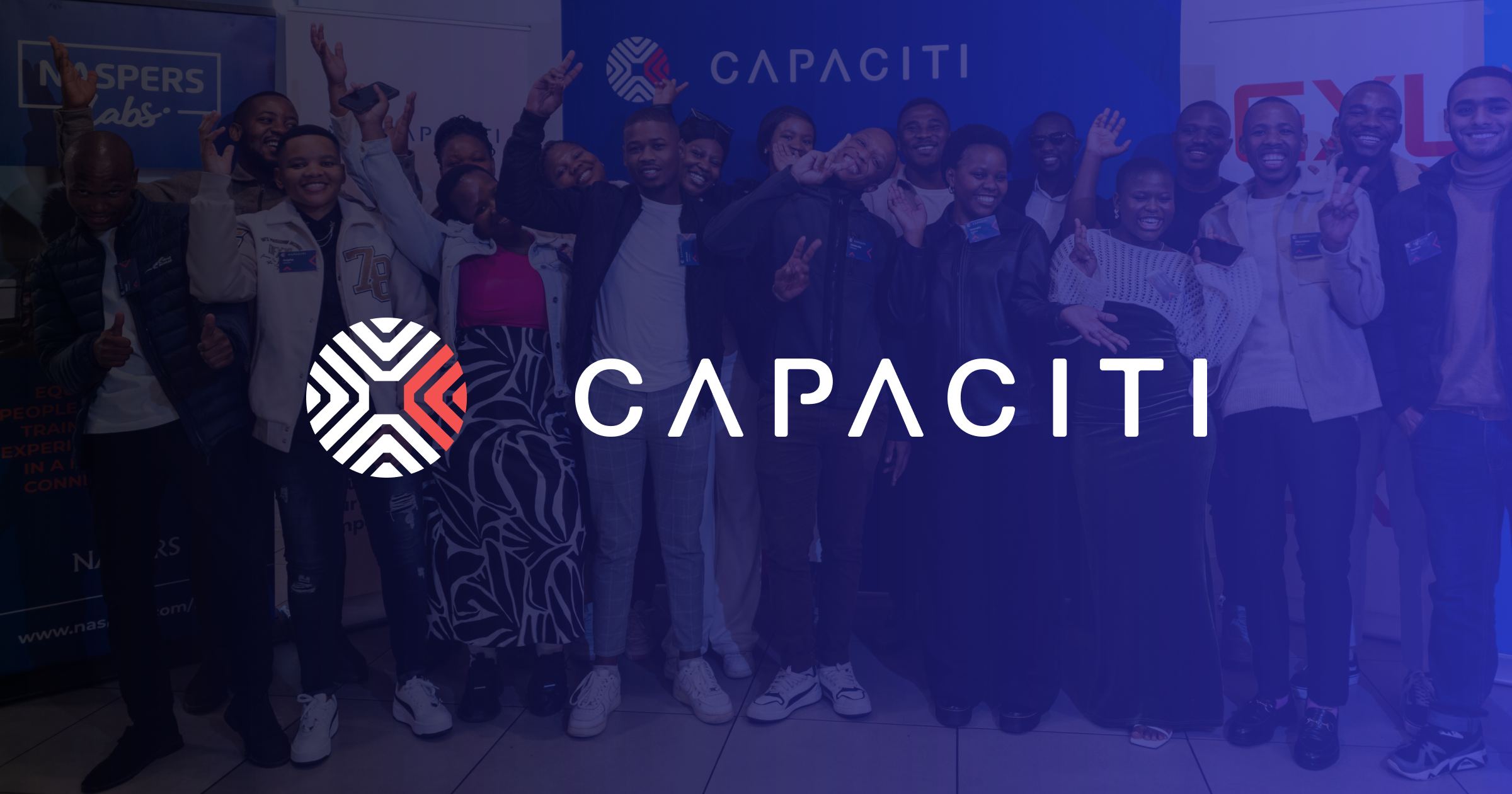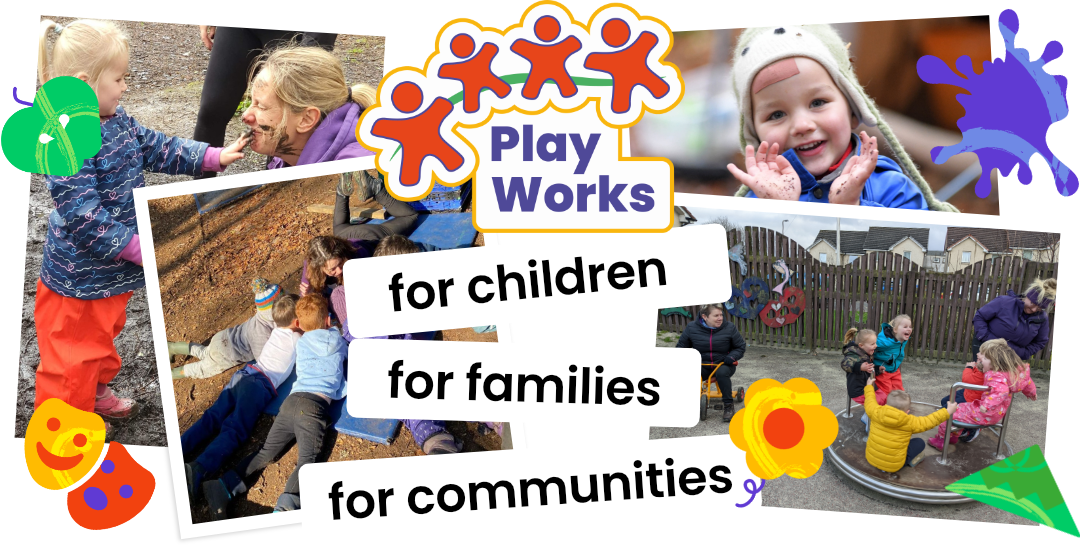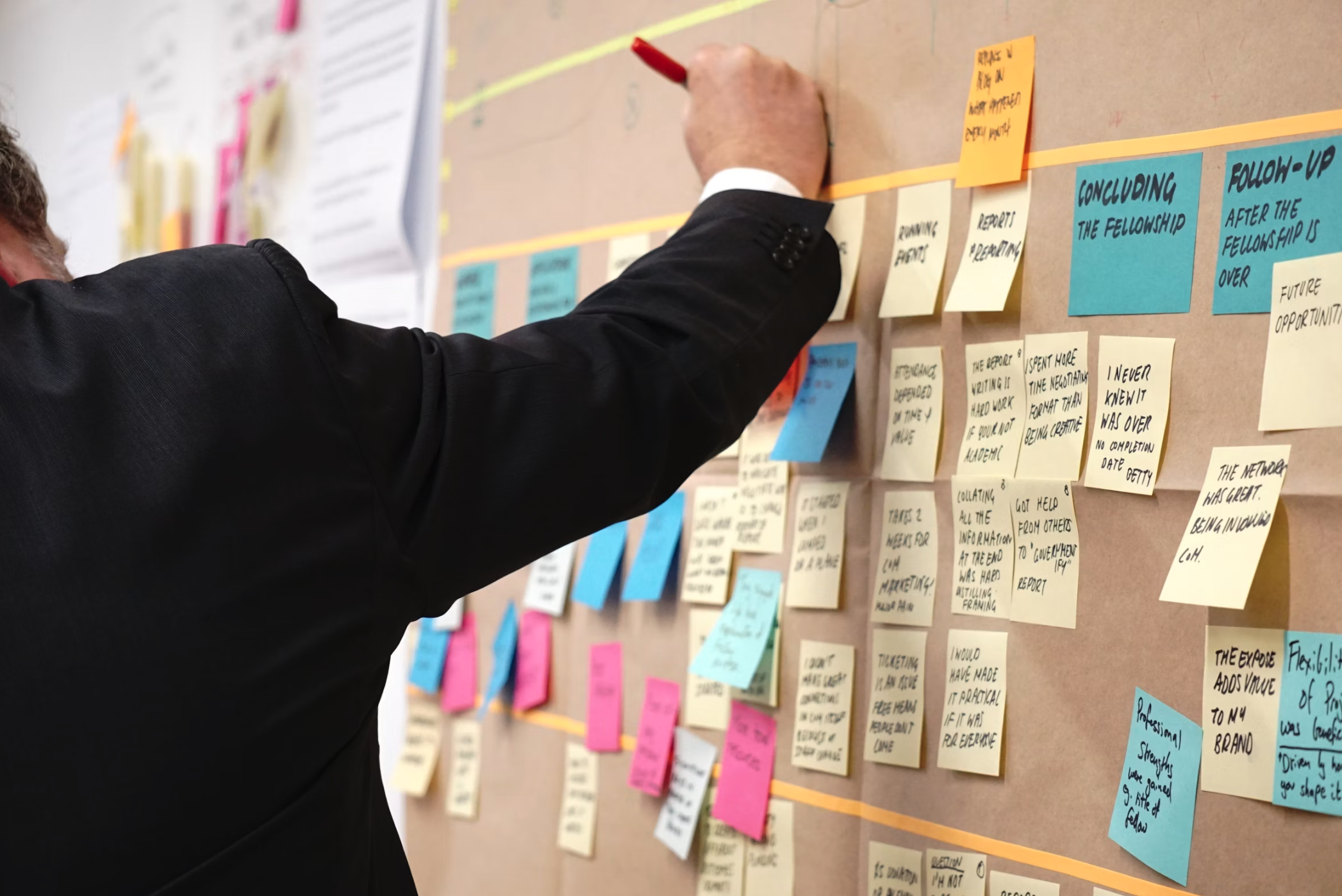The Client
Communities First Foundation is a registered charity operating across South London. They're dedicated to improving the lives of people living in social housing. They deliver programmes that include youth and sports activities, resident training and employment support through a nationwide network of consultants and advisors.
The Challenge
Managing multiple services across diverse locations created administrative challenges for Communities First:
- Fragmented data across spreadsheets, forms, and programs
- Difficulty tracking participants across youth, sports, training, and policy work
- Time-consuming manual reporting and follow-up
- No single source of truth for participant engagement or local impact
They needed a unified, secure system to consolidate outreach, learning, volunteer coordination, and project outcomes.
The Solution
Communities First implemented Makerble® MissionToolkit™ to manage all their programmes within a single platform:
- Integrated CRM database: Every participant, volunteer, and resident is tracked from first contact through training, at events and ultimately the outcomes achieved
- Tailored project workflows: Each initiative - youth activity, sports, training or housing support - has its own process, with custom forms, participant statuses and reminders
- Centralised impact metrics: Attendance, certifications, outreach activities and community engagement are captured directly into participant records
- Automation and Insight: Scheduled follow-ups and automated messages improve engagement, while dashboards offer live insight into activities on specific projects
The Result
Adopting Makerble transformed Communities First's operations and visibility:
✅ Efficiency Gains: Staff now spend less time on admin and more time engaging with communities
✅ Enhanced Data Quality: Up-to-date, comprehensive data supports smarter decision-making and local responsiveness
✅ Live Reporting: Real-time dashboards enable faster, more accurate reporting to funders and partners
✅ Stronger Engagement: With better tracking and follow-ups, participant involvement in sessions, training, and volunteering has improved













.jpg)
.jpg)








.png)


.png)






.png)

%208.png)








.png)

